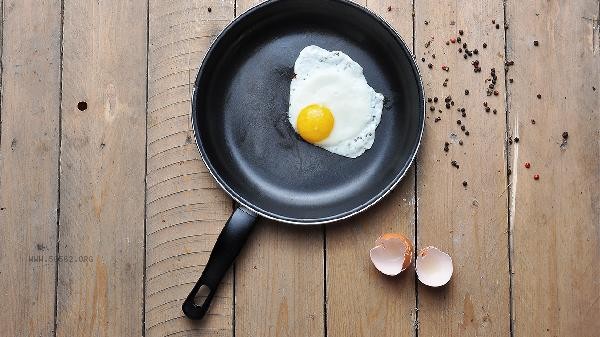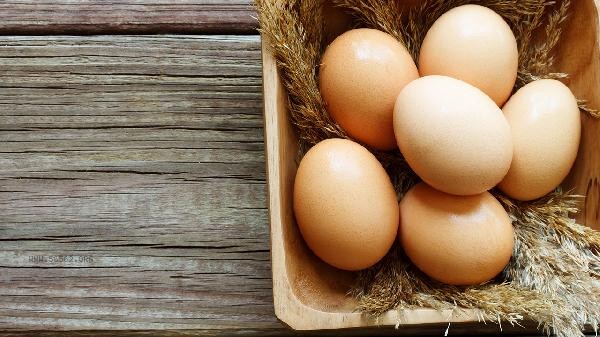100 degree boiling water can cook eggs, but specific conditions must be met. Eggs need to be fully soaked in boiling water for a sufficient amount of time to reach an edible state, and improper handling may pose a food safety risk.

Place fresh eggs in continuously boiling water at 100 degrees Celsius, usually taking 8-10 minutes for the yolk to fully solidify. At this point, the protein is in a solid state while the yolk remains moist, belonging to the state of a soft boiled egg. Using sterile or pasteurized eggs can reduce the risk of raw food consumption, and the container should be completely submerged in the eggs to ensure even heating. This method is suitable for making semi cooked dishes such as hot spring eggs, but it is necessary to ensure that the egg shell is crack free and the source is reliable. If the boiled water fails to completely cover the egg or the heating time is insufficient, it may cause the egg yolk to not fully solidify, posing a risk of Salmonella contamination. Elderly people, pregnant women, and immunocompromised individuals should avoid consuming undercooked eggs. When making regular eggs, it is recommended to extend the boiling time to at least 12 minutes to fully solidify the yolk. Overnight stored boiled eggs need to be reheated and sterilized even if refrigerated.

Before processing eggs, the surface of the eggshell should be thoroughly cleaned, and it is recommended to use a pot with uniform thermal conductivity for boiling containers. For consumption scenarios that require fully cooked eggs, traditional boiling or steaming methods are more recommended. If abnormal conditions such as cloudy egg white or scattered egg yolk are found, consumption should be stopped immediately. In daily diet, balanced nutrient intake can be achieved by pairing bread, vegetables, and other foods to ensure efficient protein digestion and absorption.










Comments (0)
Leave a Comment
No comments yet
Be the first to share your thoughts!